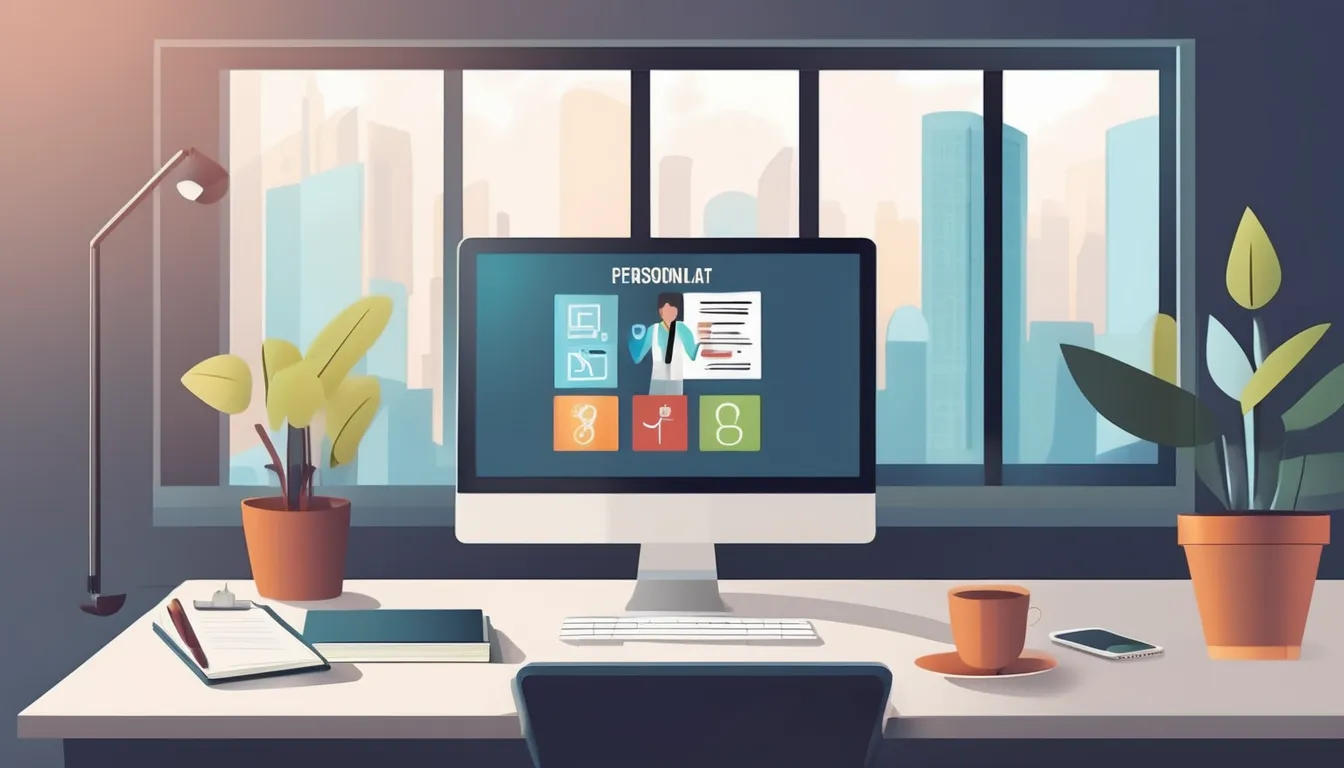When you’re facing challenges in your relationship, it can be tough to know where to turn. Psychologists who specialize in couples therapy offer valuable insights and support, helping you navigate common issues like communication breakdowns or trust concerns. They create a safe space for both partners to express their feelings honestly. But how do you choose the right psychologist for your unique situation? Understanding their role and the techniques they use can make all the difference in your journey toward a healthier partnership. The next steps might surprise you.
Role of Psychologists in Therapy
Psychologists play a crucial role in couples therapy, guiding partners through challenges and helping them rebuild their connection. They create a safe environment where both of you can express your feelings without fear of judgment. By facilitating open communication, psychologists encourage you to share your thoughts and emotions, promoting understanding between you clinica ansiedad alcala your partner.
As trained professionals, psychologists employ various techniques tailored to your unique relationship dynamics. They help identify patterns that may be causing conflict and work with you to develop healthier ways of interacting. This process often involves exploring past experiences, which can shed light on how these influences affect your current relationship.
In addition, psychologists teach you valuable skills for conflict resolution, enhancing your ability to navigate disagreements constructively. They also guide you in setting realistic goals for your relationship, ensuring that both partners are committed to the healing process.
Ultimately, psychologists empower you to take an active role in strengthening your relationship. By providing tools and strategies, they help you and your partner foster emotional intimacy, trust, and respect, laying the groundwork for a more fulfilling connection.
Common Relationship Issues
Every relationship faces challenges, and understanding these common issues can help you navigate them more effectively.
One prevalent problem is communication breakdown. You might find that you and your partner often misinterpret each other’s words or intentions, leading to frustration and resentment.
Another common issue is differing expectations. Whether it’s about household responsibilities, financial decisions, or future goals, misaligned expectations can create tension. It’s essential to discuss these areas openly to avoid misunderstandings.
Trust issues can also arise, often stemming from past experiences or perceived betrayals. If you or your partner struggle with trust, it’s crucial to address these feelings honestly and work towards rebuilding that foundation.
Intimacy challenges are also frequent in relationships. As time passes, you may feel a decline in emotional or physical connection, which can leave you both feeling isolated.
Lastly, external stressors—like work pressure or family obligations—can strain your relationship. Recognizing these influences and supporting each other can make a significant difference.
Benefits of Couples Therapy
Couples therapy offers numerous benefits that can significantly enhance your relationship. First and foremost, it provides a safe space for both you and your partner to express your feelings openly. This environment fosters better communication, allowing you to address misunderstandings and resolve conflicts more effectively.
Additionally, therapy can help you identify and change negative patterns in your relationship. You’ll learn how to break cycles of blame and resentment, replacing them with healthier ways to interact. This shift can lead to a deeper emotional connection and increased intimacy.
Couples therapy also equips you with valuable tools to manage stress and navigate challenges together. Whether you’re facing life transitions, family pressures, or financial concerns, having a professional guide can help you tackle these issues as a team.
Moreover, therapy can boost your individual well-being. As you work through relationship dynamics, you may discover more about yourself and your needs, ultimately leading to personal growth.
In essence, couples therapy isn’t just about fixing problems; it’s about building a stronger, more resilient partnership that can withstand the test of time. You’ll emerge from the experience with renewed hope and a deeper understanding of each other.
Techniques Used by Psychologists
In couples therapy, various techniques can help improve communication and resolve conflicts effectively. You’ll often encounter methods that encourage openness and understanding between partners. Here’s a brief overview of some common techniques used by psychologists:
| Technique | Description | Purpose |
|---|---|---|
| Active Listening | Engaging fully with your partner’s words | Builds empathy and understanding |
| I-Statements | Expressing feelings with “I feel” statements | Reduces blame and fosters constructive dialogue |
| Conflict Resolution Skills | Strategies to address and resolve disputes | Promotes healthier conflict management |
| Emotionally Focused Therapy | Focuses on emotional connections | Strengthens the emotional bond between partners |
Each of these techniques aims to foster healthier interactions and deepen your connection. By practicing active listening, you’re not just hearing words; you’re understanding emotions. I-statements help express feelings without putting your partner on the defensive. Conflict resolution skills empower you to tackle disagreements constructively. Finally, emotionally focused therapy brings attention to your bond, ensuring it remains strong. Implementing these techniques can lead to a more fulfilling relationship.
Finding the Right Psychologist
Finding the right psychologist can make a significant difference in your couples therapy experience. Start by considering what you and your partner need. Do you want a psychologist who specializes in communication issues, or perhaps someone who focuses on emotional intimacy? Identifying your goals can help narrow down your search.
Next, look into the psychologist’s qualifications and experience. Check their education, certifications, and areas of specialization. A psychologist with a solid background in couples therapy will likely be more effective in addressing your concerns.
Don’t underestimate the importance of personal connection. It’s crucial that both you and your partner feel comfortable and understood by your psychologist. Schedule initial consultations to gauge how well you connect. Pay attention to how they communicate and whether they listen to your concerns.
You can also read reviews or ask for recommendations from friends or family. This can give you valuable insights into their approach and effectiveness.
Frequently Asked Questions
How Long Does Couples Therapy Typically Last?
Couples therapy usually lasts anywhere from a few sessions to several months, depending on your specific needs and goals. You’ll find the duration varies, so it’s important to communicate openly with your therapist about your progress.
Is Couples Therapy Effective for All Relationship Types?
Couples therapy can be effective for various relationship types, but its success often depends on your willingness to engage and communicate openly. Not every approach works for everyone, so finding the right fit is crucial.
Can Therapy Help After Infidelity Occurs?
Yes, therapy can help after infidelity. It offers a safe space for you both to express feelings, rebuild trust, and understand underlying issues. With commitment, you can work towards healing and strengthening your relationship.
What Should We Prepare for Our First Session?
For your first session, gather your thoughts on what you want to discuss. Consider any specific issues or goals you have. Being open and honest will help your therapist understand your needs and guide the conversation.
Are Sessions Confidential and Private?
Yes, sessions are confidential and private. You can freely discuss your thoughts and feelings without fear of judgment or disclosure. It’s important for building trust, ensuring a safe space for open communication and personal growth.
Conclusion
In conclusion, seeking help from a psychologist for couples therapy can be a vital step towards improving your relationship. By addressing common issues and utilizing effective techniques, you and your partner can rebuild trust and strengthen your emotional bond. Remember, finding the right psychologist is essential for creating a safe space to explore your feelings. Don’t hesitate to reach out for support—taking this step can lead to a more resilient and fulfilling partnership.



